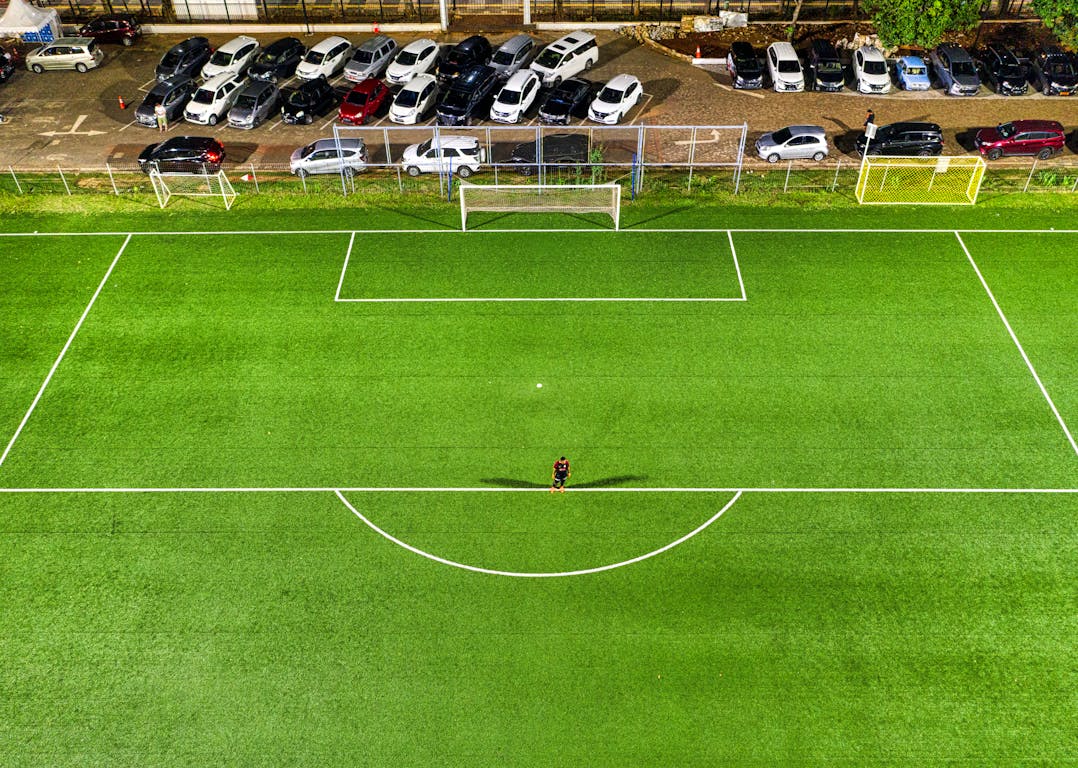About a couple of weeks ago, before the summer’s European Soccer Championship had started, one of Germany’s National broadcasters broadcasted a documentary examining the National team through its cross-culturalism. Or, by preference, the lack of it.
While, the motive of the film “Unity, Justice, and Diversity” was focused on the progress of Germany that was made by it. It has repeated in the country, beyond it, creates a very different reason. In the film, director, Phillip Awwounou, added the survey assigned by ARD, a broadcaster, who asked more than 1300 people if they agreed with the statement. In the results, only 21% of people agreed. The statement was “I would prefer if more white players played in the German National Team again.”
The counterblast was very immediate, A senior member of Germany’s National Team, expressed the survey as racist. Olaf Scholz, Germany’s Chief Minister, announced, “We will not allow ourselves to be divided.” They and many others did not focus on the consequences but gave priority to asking questions in the first place.
The opportunity to change the main topic over the next few weeks will be given to a person who, in his way, represents the country according to its wishes or as it wanted to itself. The coach of the National Team, Julian Nagelsmann, is very excited and firm. He is 36, a little bit far from the youngest man to occupy the post. The task given to him is very magnificent and unpleasant. He has to lead Germany to the days of honor, from one form to another. And he has to turn back the self-esteem of his country at the same time.
MAN OF HONOR:
Fragile Ego of Cristiano Ronaldo: The Much More Complicated Heritage
Alexander Rosen cannot exactly recall that newspaper that raised the headline, but after 8 years, that headline was very quietly remembered by him. He had just hired a new coach for the team that he leads, TSG Hoffenheim, a small club struggling for its glory and success in Germany’s top division.
This responsibility, in itself, was not an ordinary act, but Nagelsmann was. The newly appointed coach, Nagelsmann, had not played any elite soccer match before it. And had not also coached any soccer team. By the standard rate of anyone, he was young to be appointed on this scale.
Rosen said “A manager is considered young, even now, if they are in their late 30s. But on the opposing side, Nagelsmann was 28. Rosen also added “We knew him inside the club, so we were pretty relaxed. But outside, its reaction was very different. It was just a joke. There was a headline: ‘Next marketing gag made in Hoffenheim’.”
An eternity later, Mr. Rosen should be allowed a scoffing smile, only if it is not entirely the last chuckle. Nagelsmann succeeded at Hoffenheim. He also went on to coach RB Leipzig and Germany’s most successful team Bayern Munich. A host of coaches, his cast of young men, unfamiliar image, have since flooded in German Soccer.
Mr. Rosen said, “Julian, made the path for them.”
In this summer season, Nagelsmann has a lot of duties, and his duty burden is greater as Germany hopes to win the soccer championship is the most reputable international competition. These all are just for the World Cup and these duties rest only on the shoulders of Nagelsmann.
On the surface, naturally, that feels uncooperative, but the history of modern Germany concerning soccer is not defined to only a small extent.
In 1954, its first World Cup victory helped restore the confidence of a nation still working out with the inheritance of World War II. In 1992, its third came between the process of its reunion. In 2014, it claimed its fourth title, it was with a team that reflects the growing assortment of the country.
The gloominess that hovers over this tournament is due to the World Cup that was conducted by Germany but did not win. That 2006 edition is admiringly remembered as “Sommermärchen,” and as a summer fairytale, when a stirring, fearless team deduced before the tournament won the hearts of the nation with its reach to the semifinals, telling Germany that patriotism could be both happiness and welcome.
That’s the spirit that Mr. Scholz hoped that Nagelsmann and his team could attain. General parliament was informed by Mr. Scholz that the tournament will allow the country to “show its best side.”
According to a psychology professor at Münster University, Gerald Ectherhoff, “These projections indicate some political need, a hope that it will lighten the collective mood.” However, the point of view is epidemic. Kimmich has also talked about how the tournament might stimulate “Unity.”
In many ways, Nagelsmann and his team arrange the bills. The coach himself indicates German soccer’s-or probably Germany’s- broad-mindedness and keenness to break with the tradition. Hoffenheim’s Executive, Mr. Rosen said: “ he represents modern German football.”
The squad he has selected also contrasts Germany as it would like to see itself. Its captain is Ilkay Gundogan, whose parents resettled from Turkey. Antonio Rüddiger, one of his central defenders, has relations with forefathers of Sierra Leone, and Jonathan Tah from Ivory Coast. They have teammates who can trace their previous forefather relations to Ghana, Nigeria, Senegal, Siberia, and Uzbekistan.
As much as geography, though, the team contrasts different generations, but Nagelsmann has created a sketch between singers and rappers, casually.


